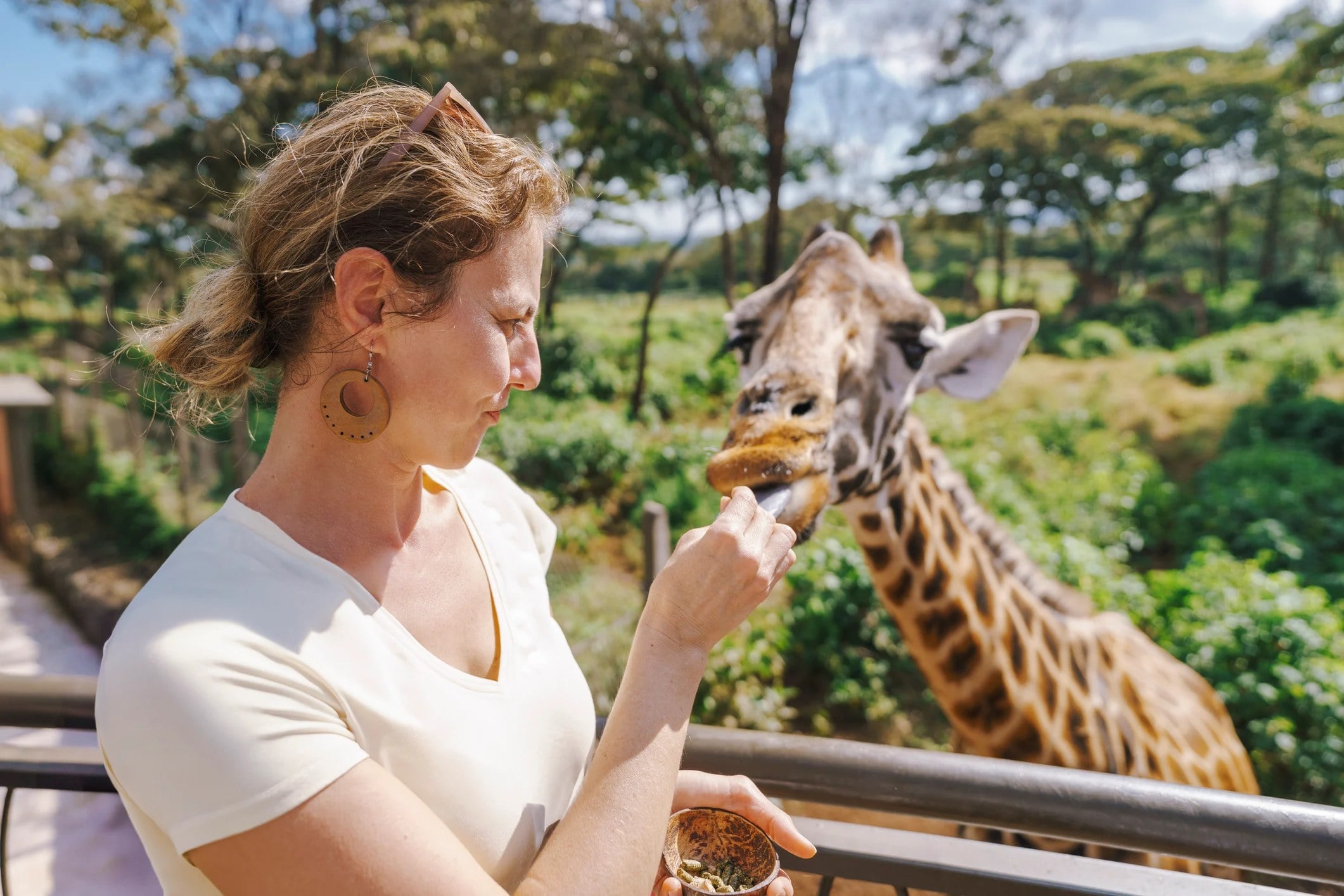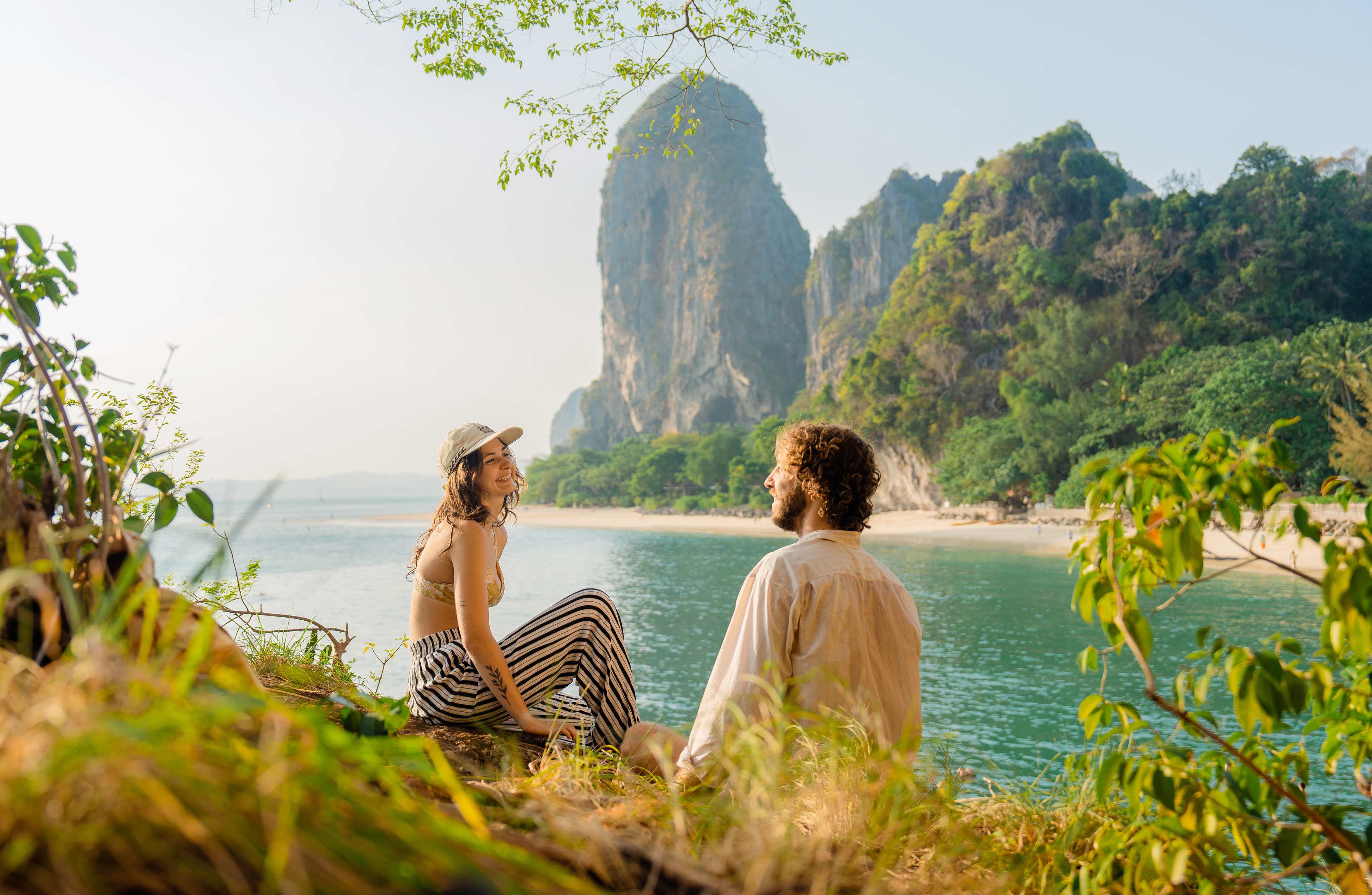Insider Travel Tips
We've got some core things to keep in mind when exploring Kenya.
How long can you vacation in Kenya?
As of 2024, foreign tourists regardless of nationality can enter Kenya without a visa for stays of up to 90 days. Travellers must, however, obtain a new Electronic Travel Authorization (eTA) through Kenyan embassies and consulates. The eTA is valid for three months after issuance and costs about USD $50.
What currency does Kenya use?
The currency in Kenya is the Kenyan shilling. Each shilling is divided into 100 cents. One US dollar is worth approximately 129 shillings. On the ground in Kenya, the symbol KSh is used to indicate prices.
Do I need to tip in Kenya?
Tipping service providers is customary in Kenya, especially in city and coast hotels, in tourist or upscale restaurants and on safari. Upon arrival, tip porters seeing you to your room with your luggage about 100 to 200 KSh ($1 to $2 USD) per bag; leave a single gratuity of roughly 1,000 to 2,000 KSh ($10 to $20 USD) per room per day for the entire hotel staff (room and back-of-house) when you depart (many hotels have a gratuities box at the reception desk). Tipping in restaurants and bars isn’t expected everywhere in Kenya, but servers in Nairobi and on the coast tend to receive 10 percent of the bill. At a lodge or safari camp, tip about 2,000 KSh ($20 USD) per room or tent per day, providing it in a lump sum at the end of the stay. Driver-guides should be recognized separately—at least 1,000 KSh ($10 USD) per day per traveller is the norm.
Is Kenya LGBTQ+ friendly?
Expressions of homosexuality are illegal under Kenyan statutes and could be punished with imprisonment. In Nairobi, the country’s nightlife hotspot, there are no official gay bars or clubs, but many establishments offer a safe atmosphere for LGBTQ+ tourists as long as patrons maintain discretion and are aware of their surroundings. Regardless of setting or sexuality, all public displays of intimacy should largely be avoided, in keeping with the standards you’d find in any conservative society.
What to pack for a trip to Kenya?
Kenya is a big country whose climate can range significantly between mountainous areas like Mount Kenya and the Ngong Hills and tropical coastal cities like Mombasa and Lamu. Consequently, what to pack will vary according to the trip style you have chosen and where and when you are travelling. For the most flexibility, pack lightweight, breathable clothing that can be added or removed as needed; knee-length shorts, long pants and long-sleeved shirts are ideal for both warm and cool weather, protecting your skin from the sun and mosquitoes in the process. Closed walking boots and a pair of sturdy sandals will come in handy whether you’re on safari, in a coastal town or both. Out in the bush, a travel towel, personal medical kit, insect repellent, water bottle, and headlamp will also be of use.
Do many Kenyans speak English?
English is widely spoken in Kenya, although many rural dwellers speak only their native languages, of which there are more than 40. The country’s other official language—Kiswahili—is a lovely, melodic one well worth borrowing a few phrases from. Jambo, for instance, means hello, while kwaheri means goodbye. The word for please is tafadhali and thank you is asante.
Can I drink the tap water in Kenya?
While the tap water in Kenya is considered safe for locals, it’s wise for visitors to stick to boiled water throughout your journey. Keep in mind that Kenya has a ban on single-use plastics, so bringing a reusable water bottle and filling up at hotels with their own filters is the best way to stay hydrated.
What’s the best way to get around in Kenya?
Air Kenya maintains a wide network of connections between the cities and the safari game parks. It’s quickest and most convenient to take advantage of these connections when heading on safari. Fleets of safe, reliable buses operated by a host of private companies link just about every town in the country, with frequent connections between Nairobi and/or the coast. If you have the time, three or four slow yet scenic train routes link the capital with other urban centres, the most famous being the Madaraka Express between Nairobi and Mombasa. Of course, safari operators will provide their own transport during treks, typically sturdy jeeps or minibuses for use in the bush.
Travel Stories
Get inspired about Your Trip to Kenya
Unlock more by subscribing to our newsletter.
With our newsletter, you’ll get access to regular communications that inspire you and help you explore the world your way.



